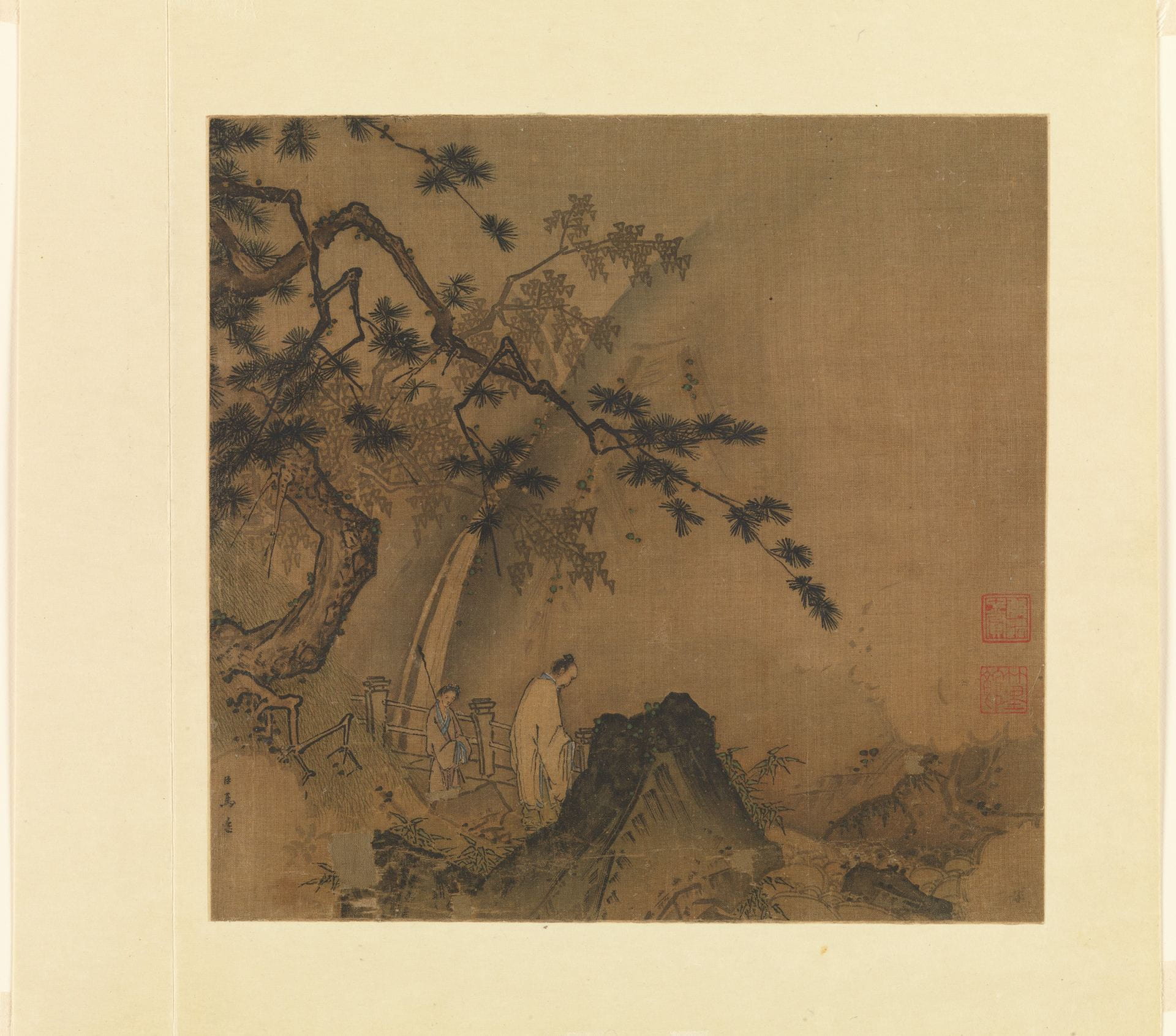Please join the East Asia: Transregional Histories workshop in conjunction with the Arts and Politics of East Asia Workshop and the Midwestern Japanese Studies Workshop in welcoming:
Robert Tierney
University of Illinois at Urbana-Champaign
“Terminal Time, Authenticity and Looking Back at Meiji”
Friday, May 12th
4-6 PM
CEAS 319 (1155 E. 60th St.)
Discussants:
Alex Jania, University of Chicago
Professor Tierney will be presenting a draft of a chapter in his current book project. The chapter is an exploration of the writing of Nakae Chōmin’s One Year and a Half and its sequel, composed in 1901 after Chōmin was diagnosed with terminal cancer. In the chapter, Professor Tierney explores the concept of “terminal time,” and how Chōmin both reacted to and learned to live with his death sentence as reflected in the two novels.
This event is being held as a part of the Midwestern Japanese Studies Workshop, which also includes presentations by graduate students on Saturday, May 13th starting at 8:30 AM. The workshop and conference are sponsored by the Center for East Asian Studies.
As always, first-time attendees are welcome. Light refreshments and snacks will be served.
If you have any questions or require assistance to attend, please contact Jessa Dahl at jdahl@uchicago.edu or Erin Newton at emnewton@uchicago.edu.
